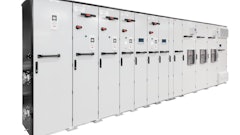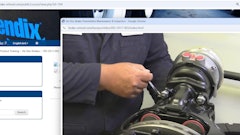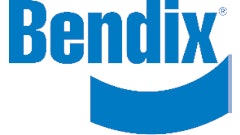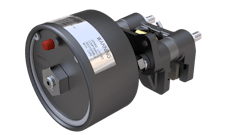Bendix Commercial Vehicle Systems LLC announces the results of ongoing tests confirming the Bendix air management system reduces fuel consumption by more than 4% in medium-duty commercial vehicles.
In closed track vehicle testing, the Bendix PBS Air Injection Booster, Bendix Turbo-Clutch Air Compressor, and Bendix Electronic Air Control Dryer worked together to reduce fuel consumption in a pickup and delivery application. The testing is part of an ongoing effort by Bendix to improve vehicle performance by developing the most cost-effective and environmentally friendly solutions in the industry.
“By combining these optimized air management products, vehicle and engine manufacturers have solutions that can be used in current and future vehicles to provide fleets and owner-operators greater fuel savings. This will become even more important with future implementation of the EPA and NHTSA proposed rule to further reduce fuel consumption and greenhouse gases beginning in 2014,” says Steve Mance, Bendix vice president and general manager for the charging business group. “The Bendix air management system is a total air management solution that helps our customers reduce costs, while increasing vehicle performance. We are pleased that testing has confirmed this and look forward to continuing to provide comprehensive solutions that lead the commercial vehicle industry in fuel savings and operational efficiencies.”
Bendix introduced its PBS air injection technology to the commercial vehicle industry in 2009. The Bendix PBS engine booster is unlike any other product available on the market today. The PBS system is placed near the air intake manifold on an engine and monitors the Controller Area Network (CAN) for specific signals. Once the conditions for activation are met, the system injects compressed air from an auxiliary air tank into the engine manifold, delivering the desired amount of air that the diesel combustion processes require.
Typically, when a driver presses down on the throttle to demand acceleration, there is a delay in engine response because of turbo lag. This lag constitutes the time difference between acceleration demand and the maximum air delivery of the turbocharger. The Bendix PBS system overcomes turbo lag by instantaneously injecting the desired air into the intake manifold, allowing the turbocharger to spin up to its full capacity and take over the air delivery demands.
The pneumatically operated single-cylinder Bendix Turbo-Clutch Air Compressor works together with PBS air injection and the Bendix Electronic Air-Controlled Dryer (EAC) so that the compressor disengages during the portion of the duty cycle when no air is demanded. This greatly reduces power consumption from the engine and reduces fuel consumption. As a result of the reduced overall cycling, the life cycle of the compressor significantly increases and normal wear and tear is dramatically reduced.
“The Bendix air management system is designed to provide shared value,” Mance says. “Fleets and owner-operators realize fuel and maintenance cost savings, while everyone benefits from the reduced emissions. It’s a win-win for everyone.”
![Sa P75 I Sahr[80]](https://img.oemoffhighway.com/mindful/acbm/workspaces/default/uploads/2025/10/sa-p75-isahr80.Cn3n79HB4H.jpg?auto=format%2Ccompress&fit=crop&h=100&q=70&w=100)


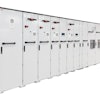
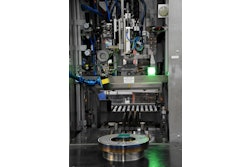

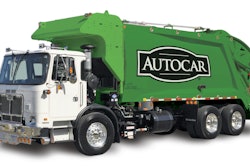
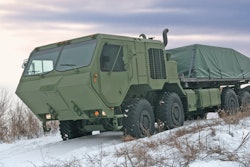
![Sa P75 I Sahr[80]](https://img.oemoffhighway.com/mindful/acbm/workspaces/default/uploads/2025/10/sa-p75-isahr80.Cn3n79HB4H.jpg?ar=16%3A9&auto=format%2Ccompress&fit=crop&h=135&q=70&w=240)


